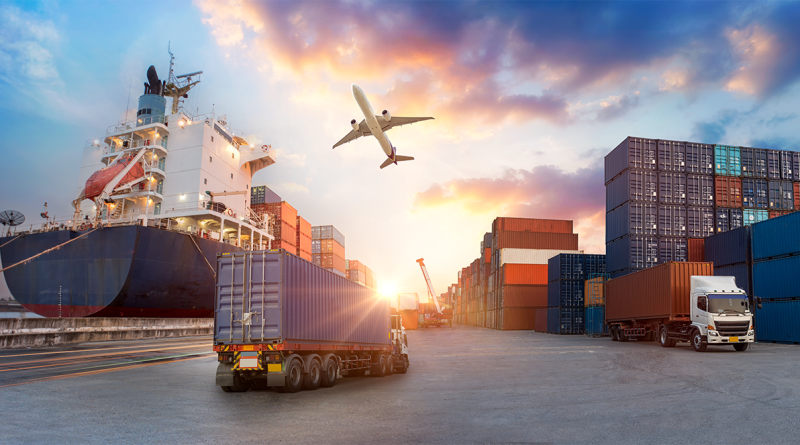How the Logistics Industry is Leading the Charge in Corporate Social Responsibility
The logistics industry, often seen as the backbone of global trade, is increasingly becoming a vanguard of corporate social responsibility (CSR). With vast networks and significant resources, logistics companies are uniquely positioned to make substantial impacts on society and the environment. As public awareness and expectations regarding social responsibility grow, these companies are not only meeting but often exceeding these expectations. This shift towards CSR is reshaping the logistics landscape, highlighting the sector’s commitment to sustainability, community engagement, and ethical business practices.
Corporate Social Responsibility in Logistics
Corporate social responsibility (CSR) is no longer a peripheral activity but a central component of business strategy for leading logistics companies. CSR in logistics encompasses a wide range of activities aimed at improving societal welfare and minimizing environmental impact. This includes initiatives like reducing carbon emissions, supporting disaster relief efforts, and investing in community education programs.
Companies like FedEx and UPS exemplify how logistics firms can integrate CSR into their core operations. FedEx, for instance, has launched several initiatives focused on disaster relief, education, and sustainable transportation. Their “FedEx Cares” program aims to invest in communities around the world through volunteering and philanthropic donations. Similarly, UPS has a robust global philanthropy program, emphasizing environmental sustainability and disaster response. Their commitment to CSR is evident in their extensive volunteer programs and substantial charitable contributions.
Charitable Initiatives and Community Engagement
Logistics companies are also deeply involved in charitable activities and community engagement. DHL, for example, runs several key programs under their “Living Responsibility” initiative. The GoTeach program supports educational projects, GoGreen focuses on environmental protection, and GoHelp provides disaster management assistance. These programs have not only improved DHL’s brand image but also created significant social value.
Maersk, a leader in global shipping, integrates social responsibility into its business model through sustainable shipping practices and health initiatives. Their efforts in reducing carbon emissions and enhancing maritime safety are notable examples of how logistics companies can contribute to global sustainability goals. Maersk’s partnerships with organizations like the World Health Organization (WHO) further demonstrate their commitment to improving global health and well-being.
Despite the numerous benefits of CSR, logistics companies face several challenges in implementing these initiatives. One major challenge is balancing cost with social impact. Implementing sustainable practices often requires significant investment, which can be a hurdle for companies operating on thin margins. Additionally, measuring the impact of CSR activities can be difficult, making it hard to quantify their benefits and justify the investments.
However, these challenges also present opportunities. The growing consumer demand for sustainable and ethically produced goods is driving logistics companies to innovate and adopt greener practices. Technological advancements, such as electric vehicles and energy-efficient warehousing, offer new avenues for reducing environmental impact. Furthermore, the increasing importance of CSR in business reputation and customer loyalty provides a compelling case for logistics companies to enhance their social responsibility efforts.
The logistics industry is at the forefront of corporate social responsibility, demonstrating that businesses can indeed be a force for good. By integrating CSR into their operations, logistics companies are making significant contributions to society and the environment. The examples of FedEx, UPS, DHL, and Maersk show how effective CSR programs can create positive social impact while also benefiting the companies themselves. As the industry continues to evolve, the commitment to social responsibility will likely become even more integral to business success, driving innovation and fostering stronger community ties. The journey towards a more socially responsible logistics sector is well underway, and its future looks promising.
Sources:
- FedEx Corporate Social Responsibility Initiatives
- UPS Global Philanthropy and Volunteer Programs
- DHL Living Responsibility Initiatives
- Maersk Sustainable Shipping and Global Health Initiatives
